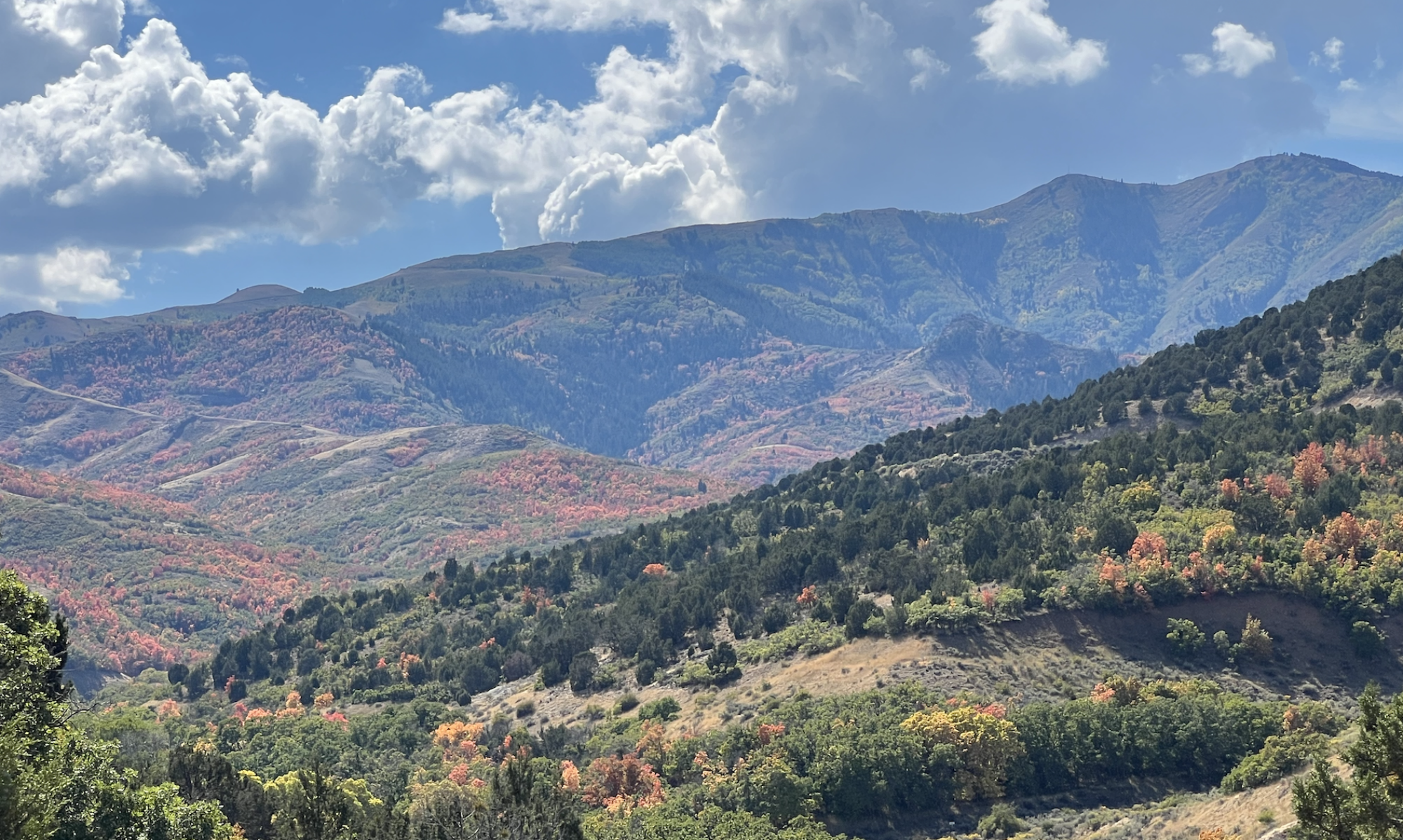Yesterday I watched a news broadcast on relief efforts from hurricanes that have ravaged Puerto Rico. This particular broadcast featured a 30-something man and his young teen daughter. The footage showed devastation. Trees fallen. Power lines down. Roofs blown away. Debris scattered everywhere. Despite all of this the man was in pretty good spirits. He described hunkering down in peak hurricane in one room of his home, a very simple home, and then scurrying to another room with his daughter when the roof was ripped away by the winds above them.
The story continued to describe how much “not knowing” the man was in. Prior to this news crew arrival, there had been no outside contact. Roads were mostly still collapsed or filled with devastation. Cell service was non-existent. Water supplies were gone. The news crew loaned this man a satellite phone so that he could call his mother. It was then that he wept uncontrollably, hearing her voice, feeling relief for a moment from one category of his worry born from not knowing.
I feel for these people in the level of not knowing that they are experiencing. Period. There is work to be done. Recovery to be supported. Physically. Emotionally. Spiritually.
I also want to suggest that “not knowing” is amplifying these days. For many, basic conditions of safety are diminishing. Climate change seems to call forth on a weekly basis references to “one hundred year storms” and the devastation that comes from that. And though predictive models have really become more sophisticated, climate is still a bunch of unknown, right. Terrorist acts are being committed in small and large crowds in sites where the primary purpose of being is joy and community. How on earth can you account for every room of every 30 story building that overlooks an outdoor concert. “Unknown” is scaling.
“Knowing” has always been an illusion for me. It’s a construct that grows naturally out of a paradigm of that privileges prediction, control, and certainty. Just like “perfection” is a construct. It’s attractive. Even seductive. But it’s more of a convenience than an honesty when you think of it. “Not knowing” feels so much more honest to me. But because “knowing” has had its foothold for so long in the human psyche (thank goodness for eastern traditions that have a different relationship with knowing), “not knowing on the rise” is feeding a lot of panic, fear, worry, and amplified reaction. It’s like we’ve come to feed off of “knowing and the perception of knowing,” like we would the farmers potato field. Now in this context of “scaled not knowing,” we are reacting like we’ve lost our crop. And thus our livelihood. And thus our security. And thus our place.
Shit! It’s full, isn’t it.
I want to suggest that “not knowing” isn’t new. It’s well-masked so that it feels new. But we humans still are familiar with it — whether intellectually, emotionally, or genetically in the recesses of our DNA that has always had to adapt to what is unknown. We laugh at not knowing what number might come up in a game of bingo or cards. Many welcome not knowing gender when a child is being born. Many get quiet and still when approaching the death of a loved one. “One never knows” is also part of our narrative.
We need to remember this now in these days when our emotions of fear and panic run away with us, shouting internally and externally that we will never know what to do. Humans do good to stick together. What’s being called forward now — one of the things — is to hold each other in our not knowing. To find the relief of not just finding a loved one, but coming to love the honesty of not knowing that grows us all.
